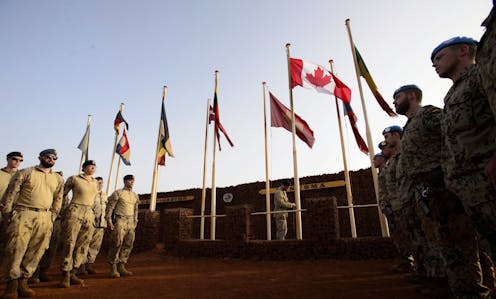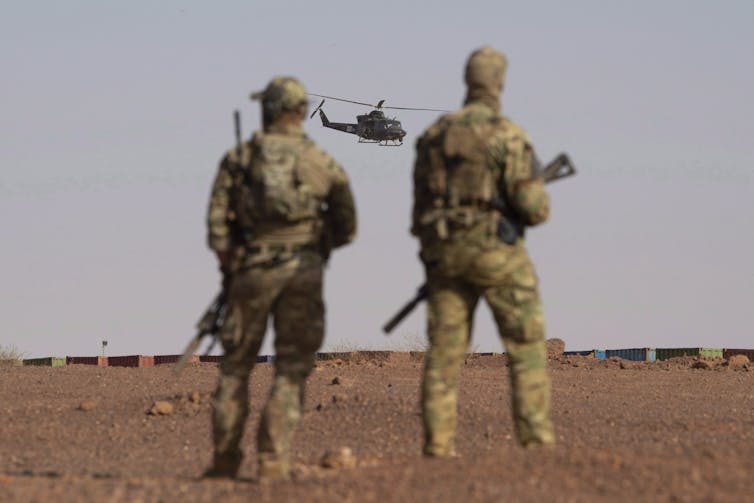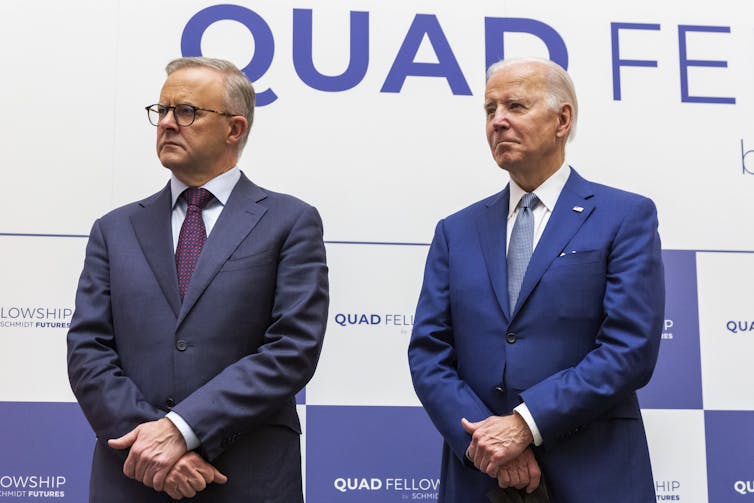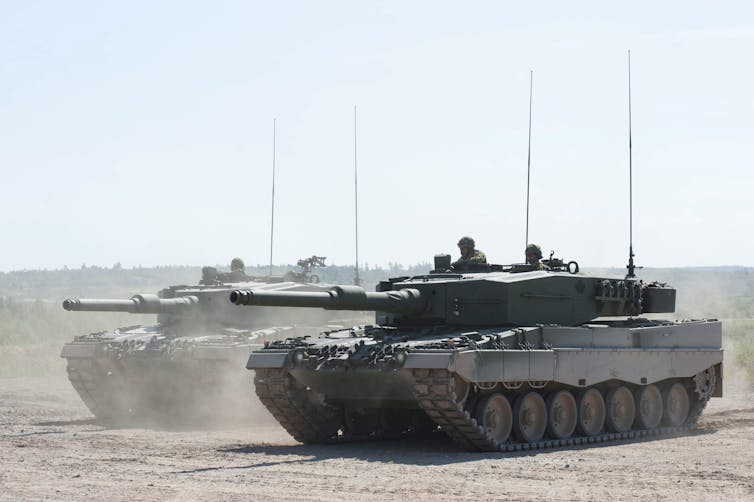
“Canada is back,” Justin Trudeau proclaimed triumphantly just after being elected prime minister in 2015. The insinuation was that his predecessor, Stephen Harper, had withdrawn Canada from its traditional role in the world and the Liberals would restore our rightful place of leadership in the global firmament.
After seven plus years in office, it’s time to assess the degree to which Trudeau’s rhetoric has been matched with action.
Out of the blocks, the Trudeau government mounted a vigorous campaign for a seat on the United Nations Security Council. When the vote came down in 2020, Canada lost to Norway and Ireland. The only consolation was that the Harper government had failed in its attempt to get on the council 10 years earlier, losing to Portugal.
The Liberals also committed to bolster Canada’s contributions to United Nations “peace operations.” So began a search for a comfortable mission fit for Canada. After three years of deliberations, Ottawa chose the United Nations Multidimensional Integrated Stabilization Mission in Mali (MINUSMA).
The Royal Canadian Air Force deployed eight helicopters into MINUSMA in 2018-19. Ottawa’s decision to limit the operation to one year — to reduce both cost and risk — ensured it would have no meaningful impact on a UN mission that remains ongoing after a decade.
Canada’s sojourn into Mali isn’t evidence of getting back into UN peace operations. It is box-checking. Today, Canada has fewer than 50 Canadian Armed Forces personnel scattered among about half of the 12 UN operations around the world.

Left out of AUKUS
In 2021, the United States, the United Kingdom and Australia — Canada’s partners, along with New Zealand, in the “Five Eyes” intelligence sharing alliance — signed a deal known as AUKUS.
AUKUS is a trilateral agreement aimed at countering Chinese territorial ambitions in the Indo-Pacific. It’s focused on the sharing of nuclear submarine technology, advanced cyber, hypersonics, electronic warfare, artificial intelligence and quantum technologies.
It would be one thing if Ottawa took a hard look at this agreement and decided to take a pass. But Canada was neither considered for nor consulted on AUKUS. The Trudeau government learned about its existence through the media.
Shortly after the AUKUS announcement, U.S. President Joe Biden, whose country shares with Canada the longest undefended border in the world, stated that America has no closer ally than Australia.

Indo-Pacific region
On the Indo-Pacific file, the Trudeau government unveiled its strategy for the region in November. As The Economist recently pointed out, numerous countries have joined the Indo-Pacific strategy bandwagon (though Canada was not mentioned in the article) owing to an increasingly threatening China.
So what does Ottawa’s Indo-Pacific strategy do to enhance Canada’s contribution to defence and security in that part of the world?
Under the pre-existing Operation PROJECTION, Canada sent two frigates a year to take part in multinational naval operations in the Indo-Pacific.
The government’s new Indo-Pacific Strategy will boost this frequency to three frigate visits per year. It’s an increment that barely qualifies as symbolic in a region encompassing 235 million square kilometres of ocean, 40 countries and four billion people.
Cameroon, tanks to Ukraine
Recently, however, it appeared the Liberals had finally found their footing in an area of international affairs in which they feel comfortable — facilitating a peace process in Cameroon between the government and separatist groups.
“Canada has accepted the mandate to facilitate this process as part of our commitment to promote peace and security and advance support for democracy and human rights,” Foreign Affairs Minister Mélanie Joly said on Jan. 20.
Three days later, however, Cameroon’s government begged to differ. Cameroon “has not entrusted any foreign country or external entity with any role of mediator or facilitator to settle the crisis,” a Cameroonian government minister stated.
More recently, there are tanks to Ukraine.
The North Atlantic Treaty Organization (NATO) just crossed an important threshold. More than a dozen member states have now agreed to supply Ukraine with strategically important main battle tanks in the effort to drive Russian ground forces out of Ukraine.
The Canadian Army has 82 Leopard 2 tanks in its arsenal. They have not been deployed since the Canadian Armed Forces withdrew from Afghanistan a decade ago. On Jan. 26, Defence Minister Anita Anand announced Canada would donate four Leopards to Ukraine.

Tied with Portugal
At least this time around Canada did not lose to Portugal … we tied them.
Canada and Portugal hold the distinction of committing the fewest number of tanks among the NATO states sending them to Ukraine.
The record seems clear under Trudeau’s leadership. Canada — a member of the G7, present at the creation of the UN and NATO, inventor of UN peacekeeping, co-inventor of the G20, and a founding member of the Five Eyes — is not back in the world.
Canada is largely irrelevant.
Eugene Lang is a consultant/advisor to the Canadian Association of Defence and Security Industries; Fellow, Canadian Global Affairs Institute; and Senior Fellow, Bill Graham Centre for Contemporary International History, Trinity College, University of Toronto. The views expressed in this article are his own and do not represent those of any organizations to which he is affiliated.
This article was originally published on The Conversation. Read the original article.







